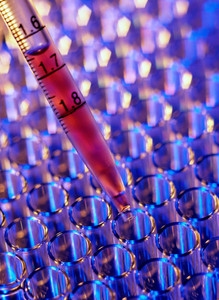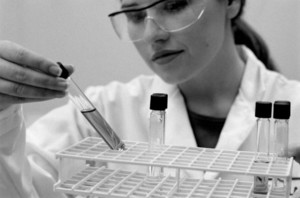A proposal by US Democratic Representative Anna Eshoo included in the US House health reform bill, would give developers of innovative biomedical drugs 12 years of data exclusivity from generic competition, significantly extending their patent rights, writes Los Angeles Times columnist Michael Hiltzik.
- INICIO
-
Genéricos
Novedades
- FDA approves generic teriparatide and levetiracetam
- US generics launch and approval for Dr Reddy’s and Lupin
- Five Chinese companies join UN’s MPP for Covid-19 medicines
- South Korean companies to make generic Bridion and COVID-19 drugs
Investigación
- Japan’s drug shortage crisis: challenges and policy solutions
- Saudi FDA drug approvals and GMP inspections: trend analysis
- Generic medications in the Lebanese community: understanding and public perception
- Community pharmacists’ understanding of generic and biosimilar drugs: Lebanon case study
General
- Crecimiento de medicamentos genéricos en Brasil y Venezuela
- EMA launches European shortages monitoring platform to tackle persistent medicine shortages
- Penetración de los medicamentos genéricos en México y Brasil
- FDA releases one-year progress report for the Generic Drug Cluster
-
Biosimilares
Novedades
- FDA approves Poherdy (first interchangeable pertuzumab) and Armlupeg (pegfilgrastim) biosimilars
- EMA recommends approval for insulin glargine biosimilar Ondibta and denosumab biosimilar Osqay
- FDA approves denosumab biosimilars Osvyrti and Jubereq, Boncresa and Oziltus
- FDA approves aflibercept biosimilar Eydenzelt and label expansion for adalimumab biosimilar Yuflyma
- MORE EDITORIAL SECTIONS
- Search








 0
0










